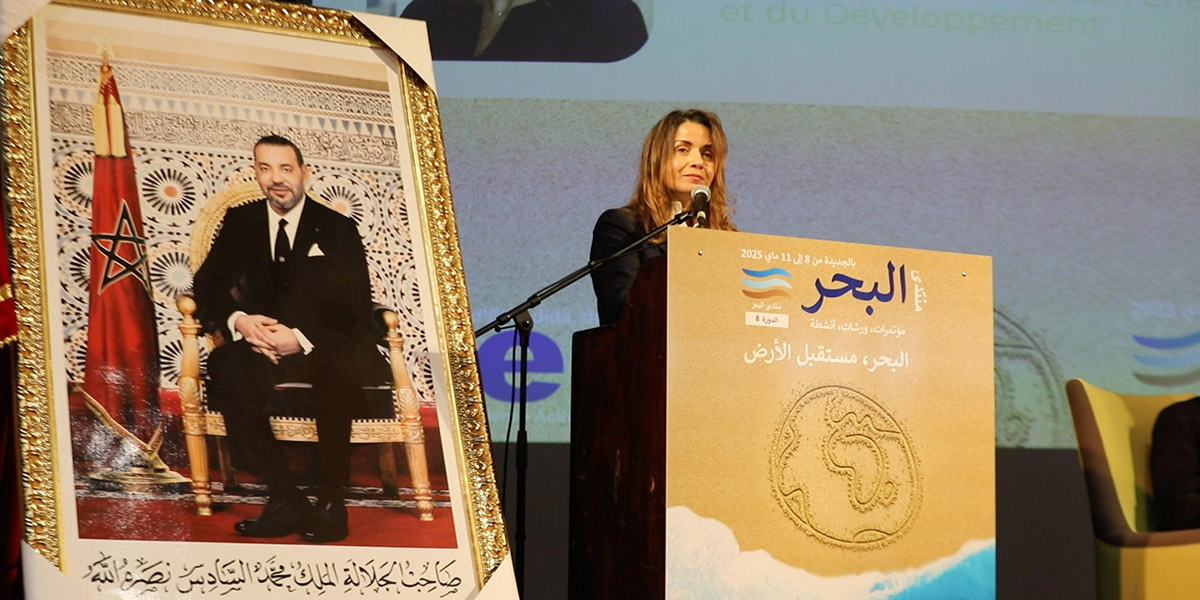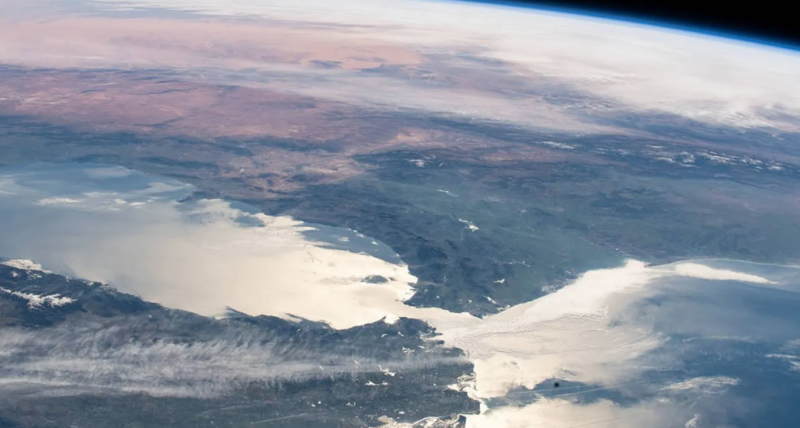Currently home to eight Marine Protected Areas (MPAs) along its Mediterranean and Atlantic coasts, Morocco is creating four additional marine reserves to protect its coastline and promote sustainable fishing, located in Agadir, Larache, Nador, and Boujdour.
Morocco aims to protect 10% of its marine areas by 2030. Already equipped with eight MPAs, the country has adopted a range of legal, institutional, and operational measures to safeguard its marine and coastal ecosystems, notably within the framework of the National Sustainable Development Strategy (SNDD) and the ongoing Halieutis strategy.
« Having the equivalent of 30% marine protected areas would increase fish biomass, providing more certainty to the fishing industry while significantly boosting value for local communities, » emphasized Leila Benali, Minister of Energy Transition and Sustainable Development, during the opening session of the 8th Sea Forum held midweek in El-Jadida.
These marine reserves aim to mitigate climate change impacts and support ocean resilience for sustainable fishing. Their objectives include rehabilitating degraded areas, protecting biodiversity, and ensuring its renewal.
Currently, three marine reserves — Alboran, Massa, and Mogador — were initially created to promote the sustainable development of artisanal fishing. Additionally, three mixed national parks with maritime extensions exist: Souss-Massa, Khnifiss, and Al-Hoceïma.
Four Additional Marine Reserves
The program also includes the establishment of four new marine reserves for sustainable fishing, located in Agadir, Larache, Nador, and Boujdour. No-take zones have already been delineated.
In the same spirit, several ecologically important areas for fish and biodiversity, such as pelagic fish spawning grounds and rocky zones, have been protected, contributing to the restoration of ecological balance and improved biological productivity.
Thanks to these measures, total fishery production in Moroccan waters has remained relatively stable, averaging about 1.4 million tonnes in recent years (the same level as in 2023). However, in the context of climate change, some stocks—like sardines—have been affected.
This impact appears to be offset by increases in other species. Declining sardine catches have been compensated by rising catches of mackerel, horse mackerel, and anchovies—species less exploited than sardines that have benefited from warming waters.
Nevertheless, to restore the initial stock levels of small pelagic fish, particularly sardines, the State Secretariat has implemented management measures to ensure stock sustainability, including biological rest periods and other measures like spatial-temporal closures and zoning.
Improvement in Bathing Water Quality to 93% in 2024
Furthermore, a coastal management law was adopted, laying the foundations for integrated management of coastal zones in line with Morocco’s international commitments, especially the ICZM Protocol of the Barcelona Convention on the protection of the Mediterranean Sea and its coast.
Regarding pollution control, Leila Benali highlighted positive results from the “Coastline Without Plastic” action plan, supported by efforts under the National Emergency Plan against accidental marine pollution. She noted that « the compliance rate for bathing water quality increased to 93% in 2024, up from 88% in 2021, » and that « waste collected on beaches decreased by 21%. »
She also emphasized that the preservation of fragile environments, especially marine ones, « is now at the heart of the National Sustainable Development Strategy (SNDD), the reference framework for integrating sustainability principles into all sectoral and territorial policies. »
Source: leseco




